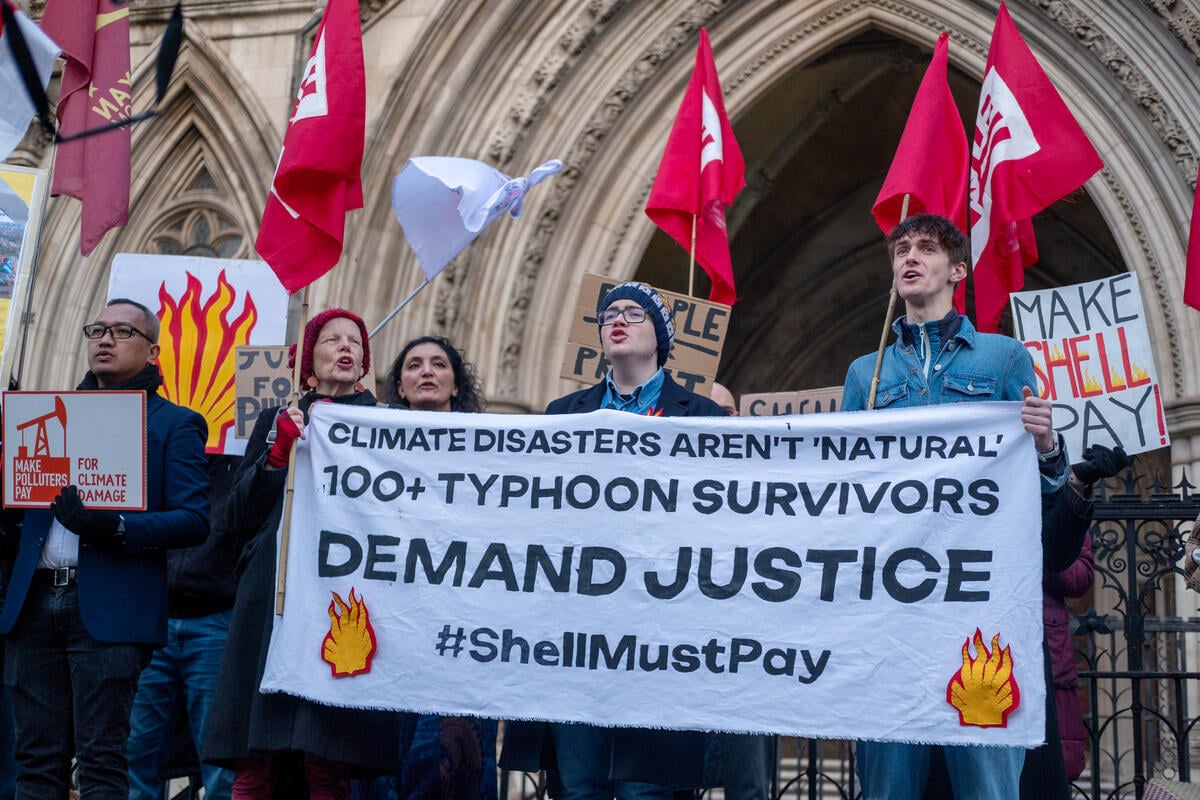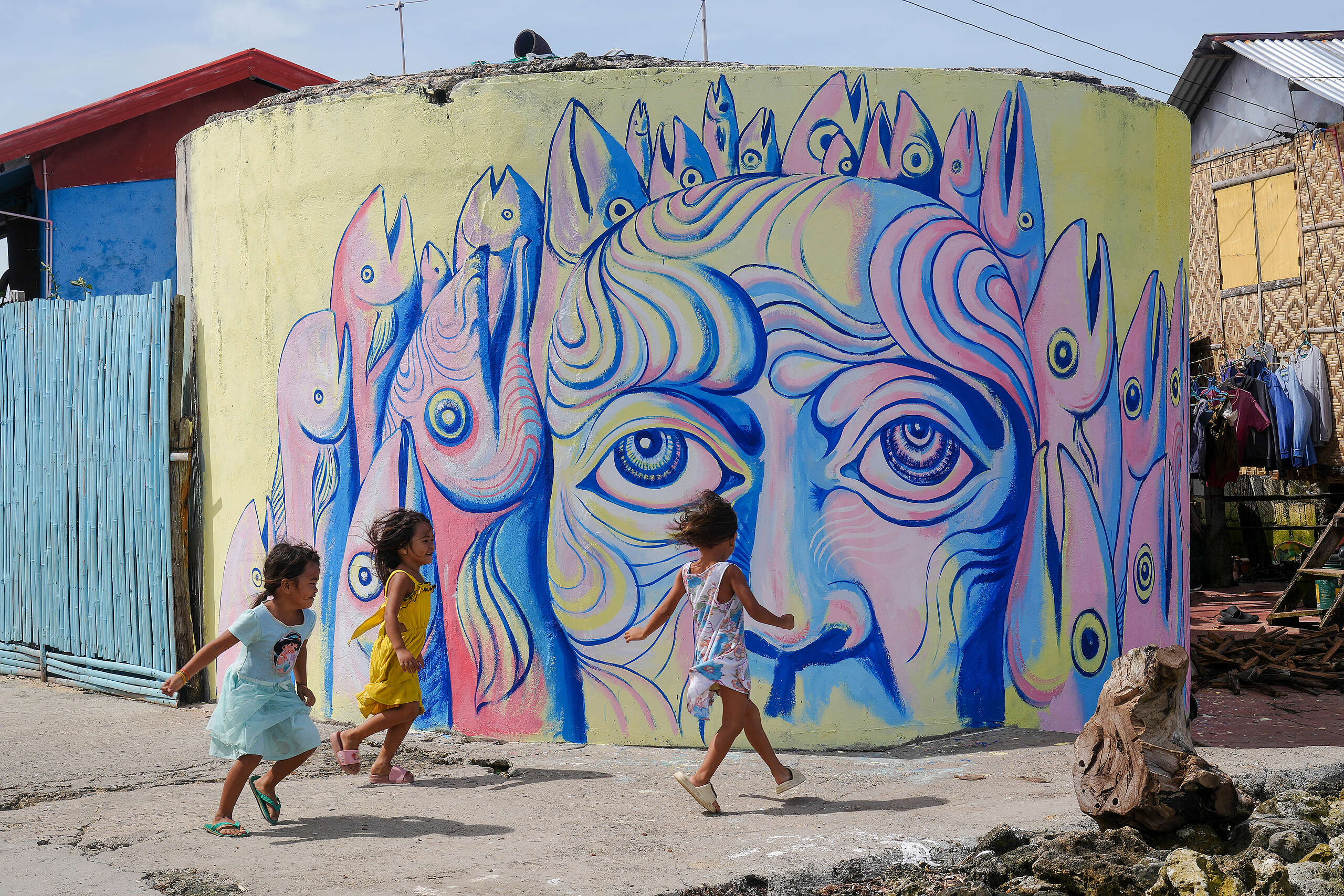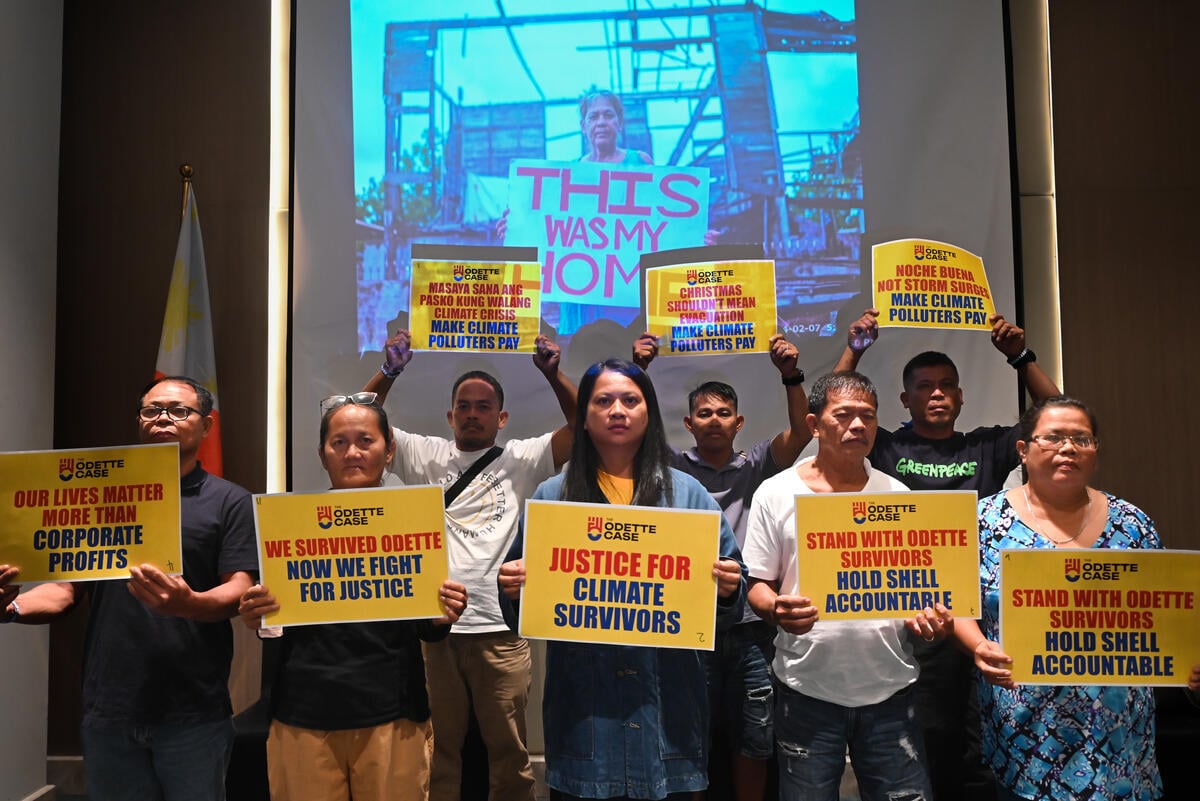This year, Mother’s Day comes a day before the 2025 national midterm elections. Before Filipinos vote for future legislators and local officials, Virginia Benosa-Llorin reflects on the intersection of motherhood, climate anxiety, and the hope of having a say in what the future holds.
My son married a wonderful woman last year and they are now expecting their first child. Like many other young parents, they gathered family and friends to celebrate with them as they reveal the gender of their upcoming baby.

The excitement grew as the couple asked us to answer trivia questions and for each correct answer, my son or daughter-in-law’s picture appeared on something like a crossword puzzle displayed on the screen.
After all the questions were answered, the photos of my son formed a straight horizontal line, which means we are going to have a baby boy!
The crowd cheered, and congratulations echoed throughout the room. I had hoped for a girl, only for a selfish reason that I could doll her up. But of course, any gender will be most welcome. I am already super excited to have a baby in the family. This early, I have already mapped out the pampering he will get from me.
It was a joyous moment, a celebration.
But then, it dawned on me: My first grandchild will be born this year during a time when the heat index is already considered dangerous.
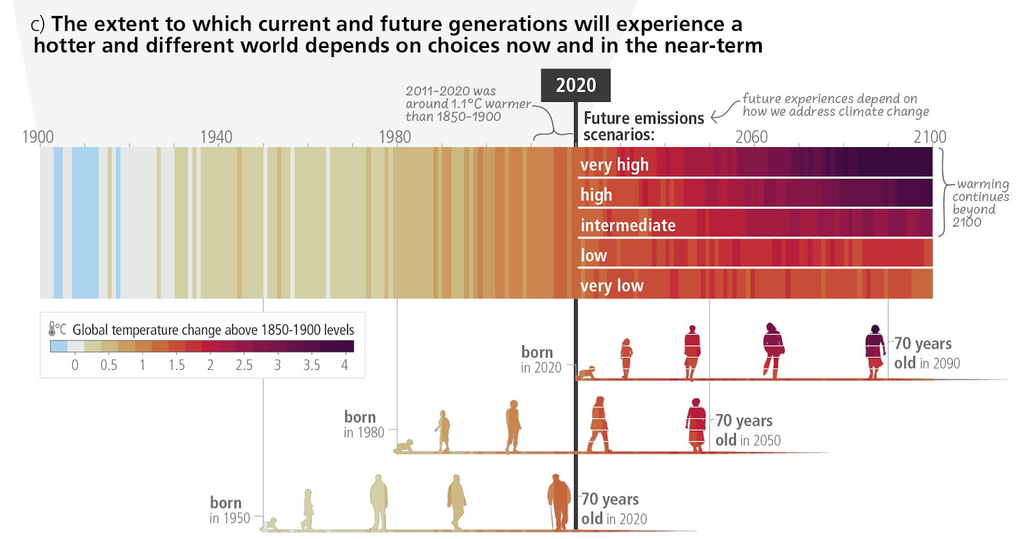
In my day, class suspensions were only due to flooding, but now it is different. Hot temperature prompts class suspensions as a precautionary health measure.
As I looked at my son and daughter-in-law’s proud and happy, hopeful smiles, I couldn’t help but think about their future and how they will raise Amari. His name is going to be Amari, which means Promised by God.
I felt a lump in my chest—the kind that mothers feel when they are worried.
And I have my reasons. According to a 2019 Lancet Report, a child born today will encounter a world that is more than four degrees warmer than the pre-industrial average, with climate change impacting human health from infancy and adolescence to adulthood and old age.
A warmer planet will have serious consequences for people, especially those living in poor conditions—health-wise, economically, and educationally. It is frightening to think about these consequences.
I recently attended a forum on climate change and health, organized by the Institute of Child Health and Development, University of the Philippines Manila. The presentation by Dr. Ronald Law caught my attention the most. Dr. Law clearly and interestingly discussed the intergenerational inequity of climate change, noting that children are considered a particularly disadvantaged population due to their physiological and developmental vulnerabilities, as well as their higher likelihood of experiencing severe effects of climate change in the future.
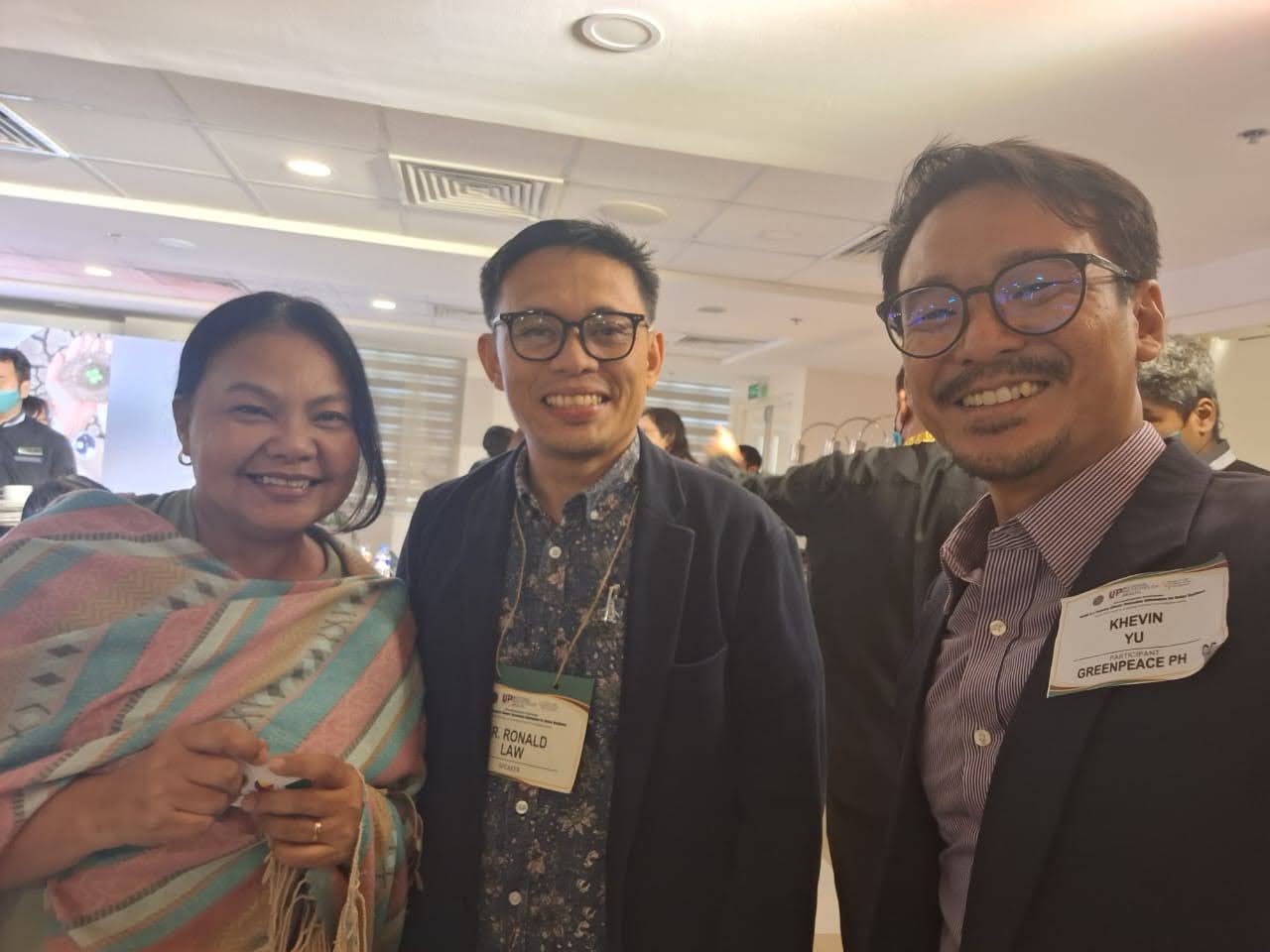
Dr. Law, head of the newly established Climate Change Unit at the Department of Health, encourages advocacy and awareness-raising on the intersectionality of climate change and health. He emphasized that the medical and public health communities need to recognize, acknowledge, and speak out about the health burdens of climate change and their disproportionate effects on children.
Sadly, despite the recognized impacts of climate change, many people—including those running for political office—fail to grasp the importance of addressing environmental issues. I’ve attended several electoral forums organized by civil society groups. Candidates for the midterm elections were invited to share their environmental platforms.
Not surprisingly, only a handful, if none, of the candidates that top the surveys attended. Is this a reflection of their commitment to environmental protection? What gives? You decide.
This brings me back to my grandson and to my final point.
Is there still hope? Of course! If we act together, our collective actions can rebuild our society. We can engage in impactful acts that drive meaningful change in the system.
And this change can start on May 12. When you cast your votes, please think about Amari, his generation, and the next ones.
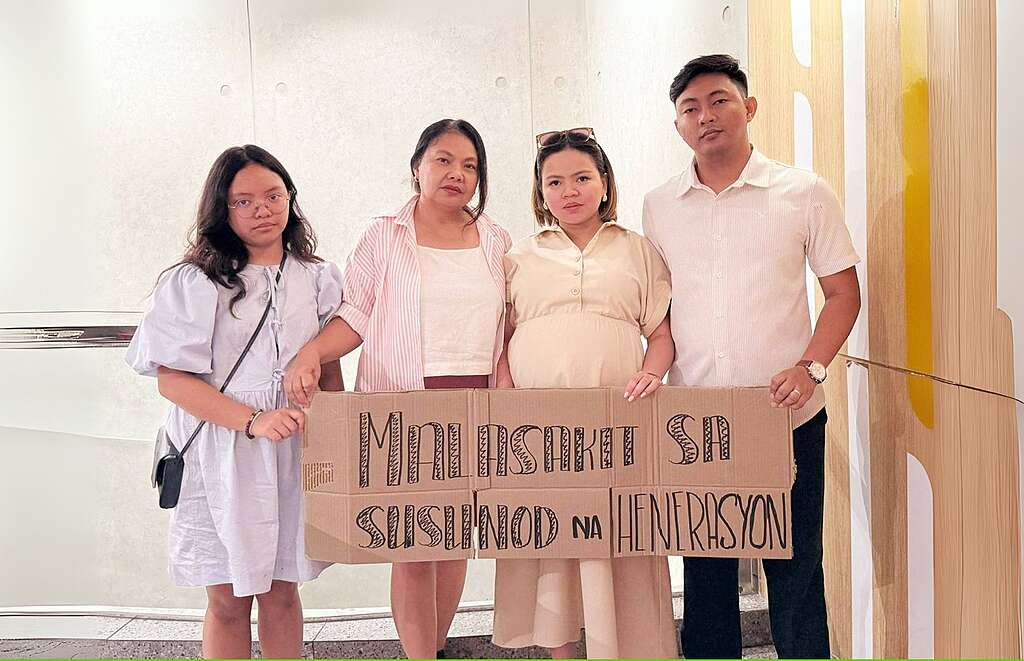
Virginia Benosa-Llorin is a senior climate campaigner at Greenpeace Southeast Asia – Philippines.
You might want to check out Greenpeace Philippines’ petition called Courage for Climate, a drive in support of real policy and legal solutions in the pursuit of climate justice.
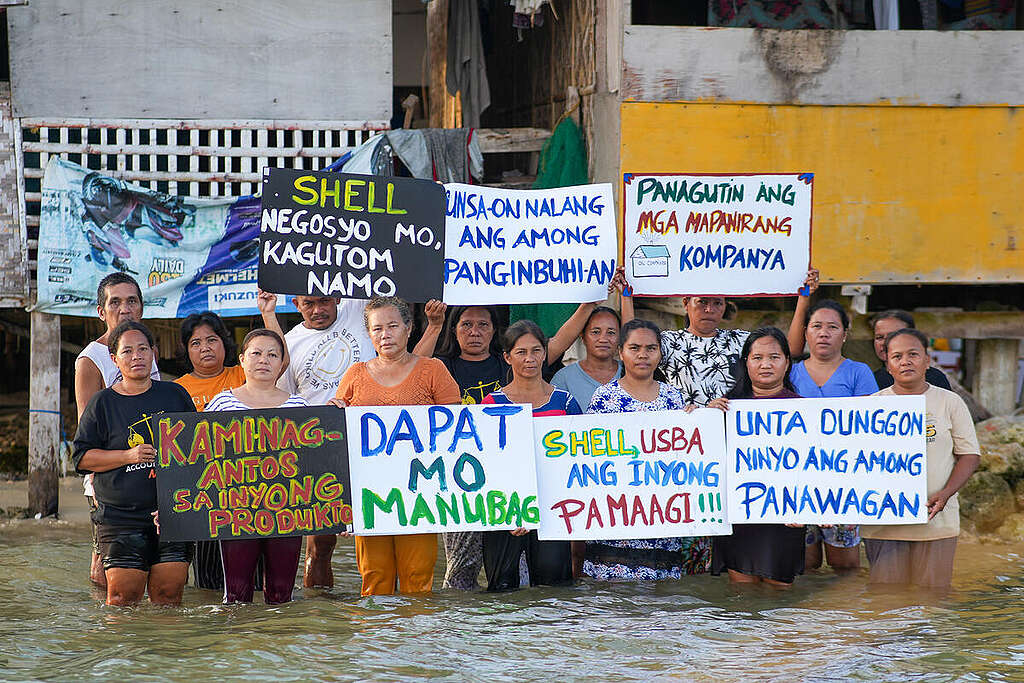
The climate crisis may seem hopeless, but now is the time for courage, not despair. Join Filipino communities taking bold action for our planet.
Make an Act of Courage Today!
